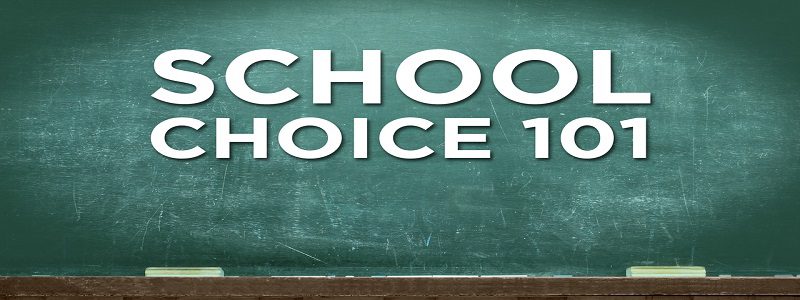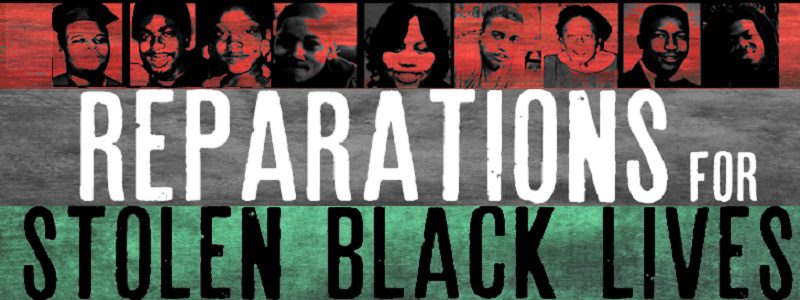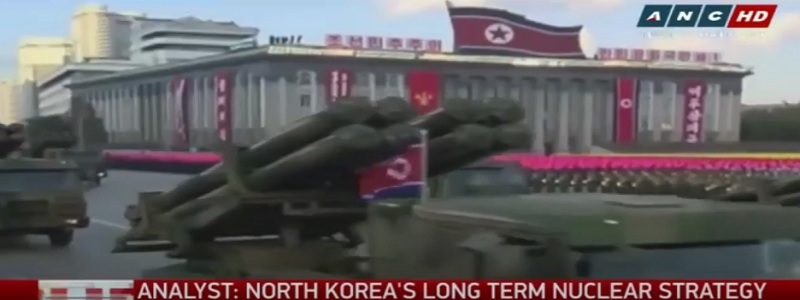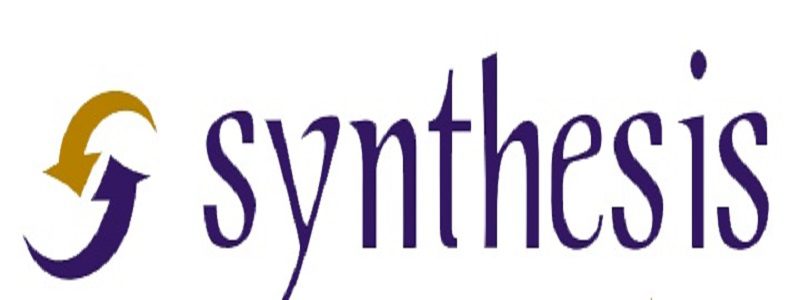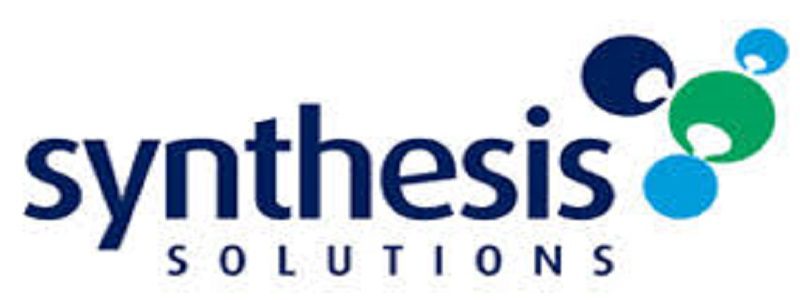School Choice — An Argument-Centered Approach
In the education sector, the biggest hot button policy issue today is probably school choice. Charter schools, which are publicly funded and privately owned and managed schools; and tuition tax credits and vouchers to fund students attending private schools — these policy disruptions of the school district operated and managed status quo in public education have generated an enormous amount of discussion and debate. And this has taken place at every level, from the local community town hall (and even in family conversations) up through state legislatures and boards of education, to the U.S. Department of Education and the halls of Congress.
This is the final post in a short series that reflect work that we have done this summer to prepare argument-based units on issues of particularly strong interest to secondary and middle school history and English departments, going into the 2017/18 school year. This post develops a unit on school choice, and whether in particular charter schools are disrupting the traditional public education system in the United States in a positive or a negative way — or perhaps (looking toward a syncretic position post-debate) in what specific ways they can help public education and in what specific ways they threaten it.
Reparations for the Historical Legacy of Racism — An Argument-Centered Approach
No one can know what would come out of such a debate [over reparations]. Perhaps no number can fully capture the multi-century plunder of black people in America. Perhaps the number is so large that it can’t be imagined, let alone calculated and dispensed. But I believe that wrestling publicly with these questions matters as much as—if not more than—the specific answers that might be produced. An America that asks what it owes its most vulnerable citizens is improved and humane. An America that looks away is ignoring not just the sins of the past but the sins of the present and the certain sins of the future.
— Ta-Nehisi Coates, “The Case for Reparations,” June, 2014
There is no issue more controversial, or more essential to an understanding of American history and society, than the issue of race. This is the second in a short series of posts that reflect work that we have done this summer to prepare argument-based units on social science issues of particularly strong interest to secondary and middle school history and English departments, going into the 2017/18 school year. This post develops a unit on reparations, and whether the United States has a moral debt to African-Americans, because of its historical legacy of anti-black racism, that it is obligated to pay in a material way.
The North Korean Nuclear Weapons Crisis — An Argument-Centered Approach
This is the first of a short series of posts that reflect work that we have done this summer to prepare argument-based units on social science issues of particularly strong interest to secondary and middle schools, going into the 2017/18 school year. This post looks at an argument-centered unit on the North Korean nuclear weapons crisis, what outgoing President Barack Obama warned incoming President Donald Trump would be the single greatest foreign policy threat and problem of his presidency.
Synthesis Solution Protocol: A Demonstration, Part 2
Overview
In the first part of this two-part post, we looked carefully at some of pedagogical ideas and political context impelling us to design our Synthesis Solution Protocol, along with this instructional method’s objectives and implementation stages. This post will demonstrate what the five stages of this Protocol look like in a representative implementation scenario. The debatable issue for this demonstration is a common one in U.S. History or world studies classes, in a unit on World War II (1939 – 1945).
Synthesis Solution Protocol: A Demonstration, Part 1
A prime purpose of critical thinking in the public domain is to consider and evaluate the arguments made on controversial issues. . . . The object is not necessarily to win a debate. Rather, it is to understand what is being said on all sides and, perhaps, to find a nucleus of agreement that will provide a starting point from which we can work together. The idea is to use critical thinking in contributing to healthy human relations and the maintenance of a strong participatory democracy.
— Nel Noddings, professor of philosophy and education, Stanford University, 2017


